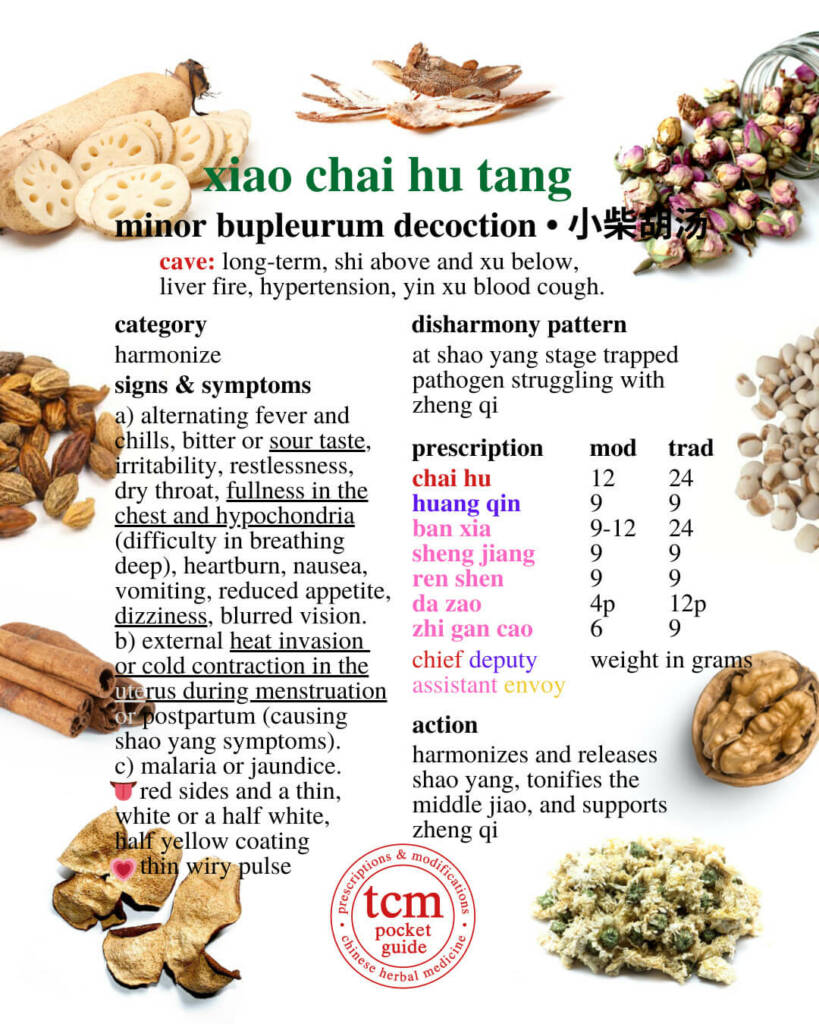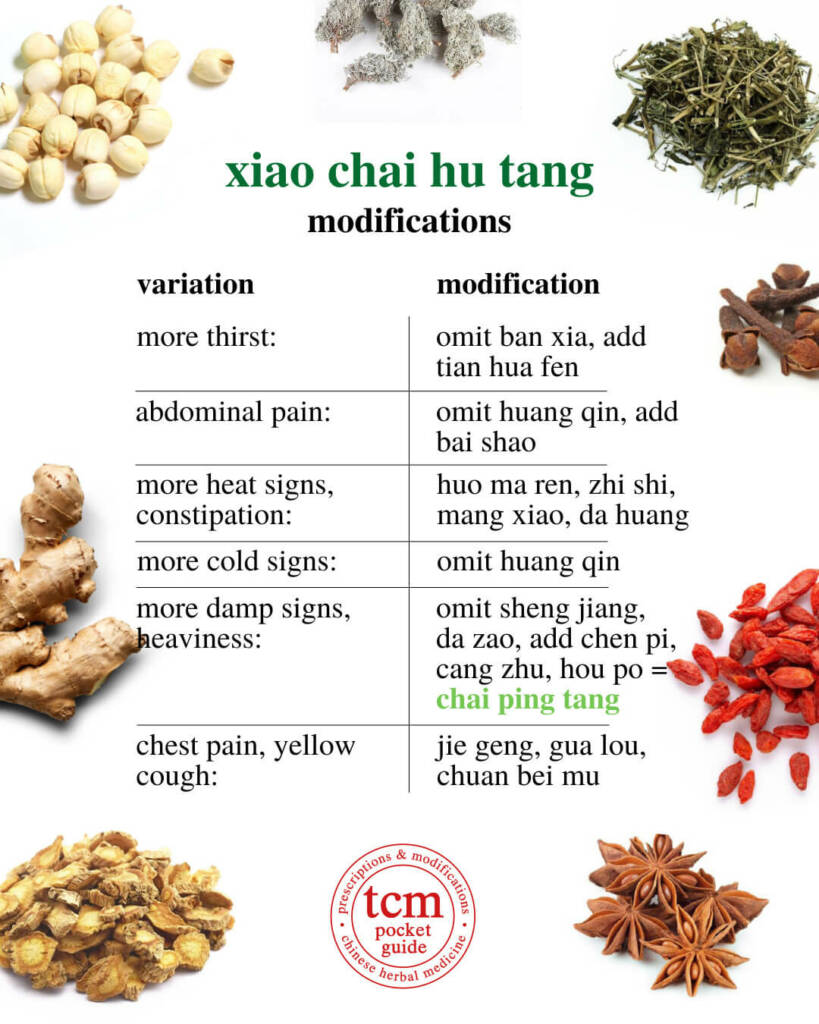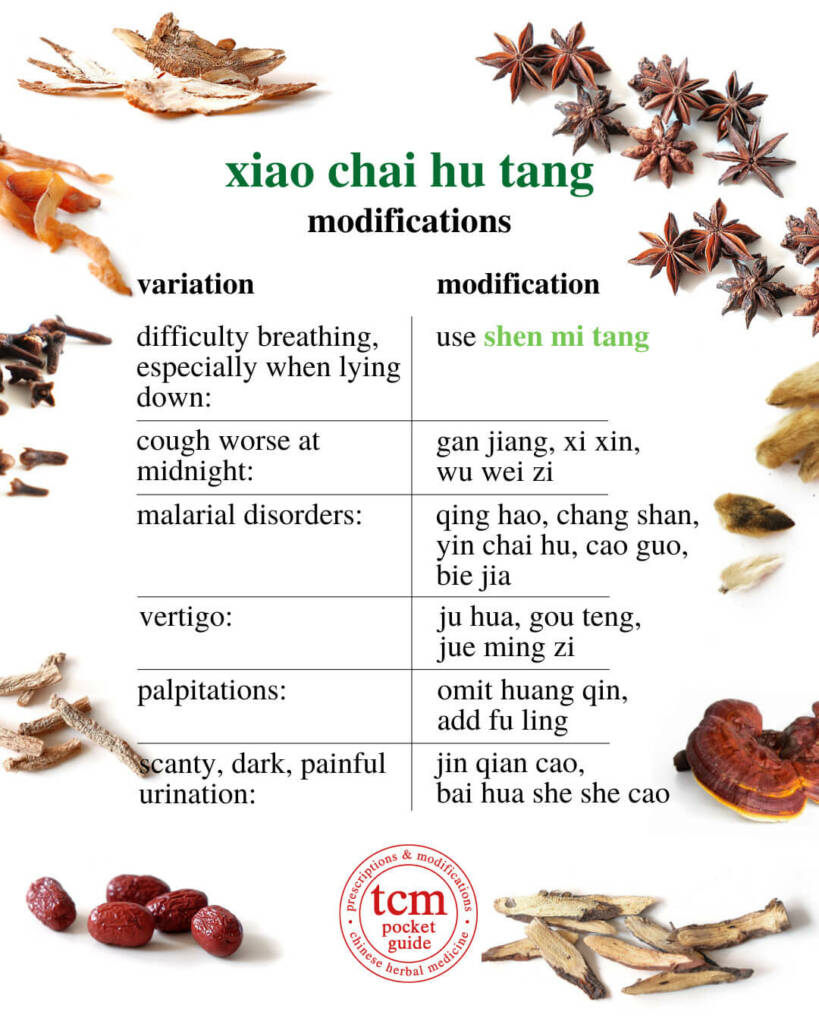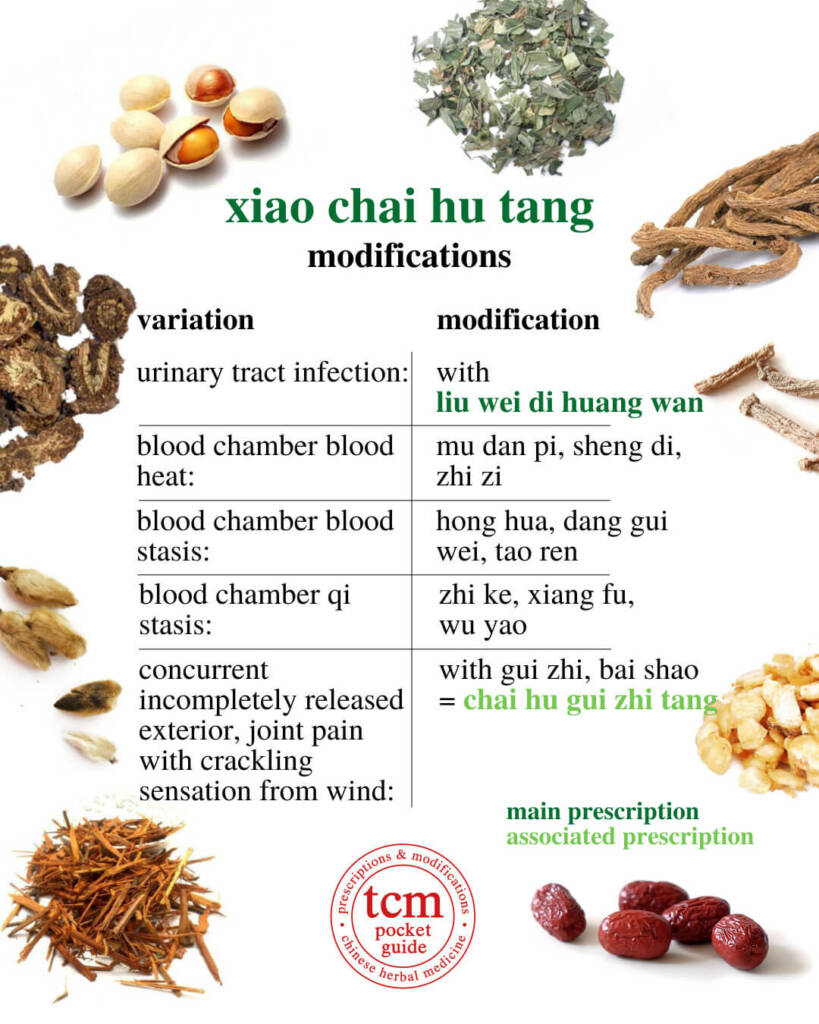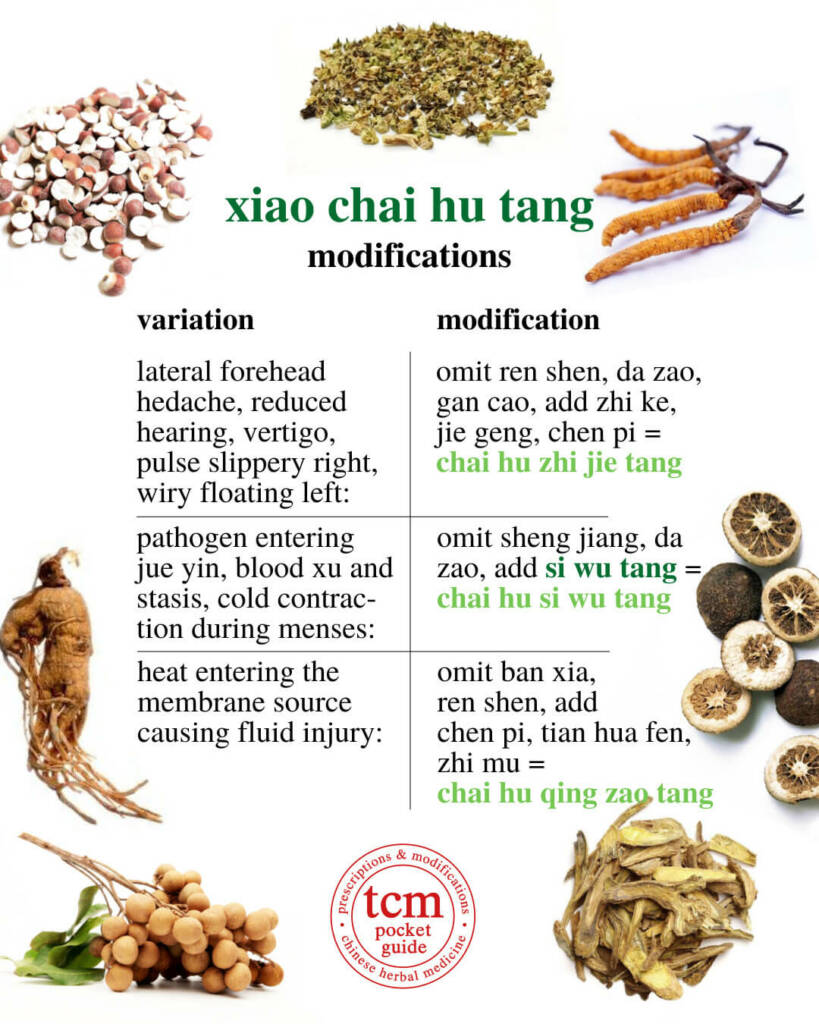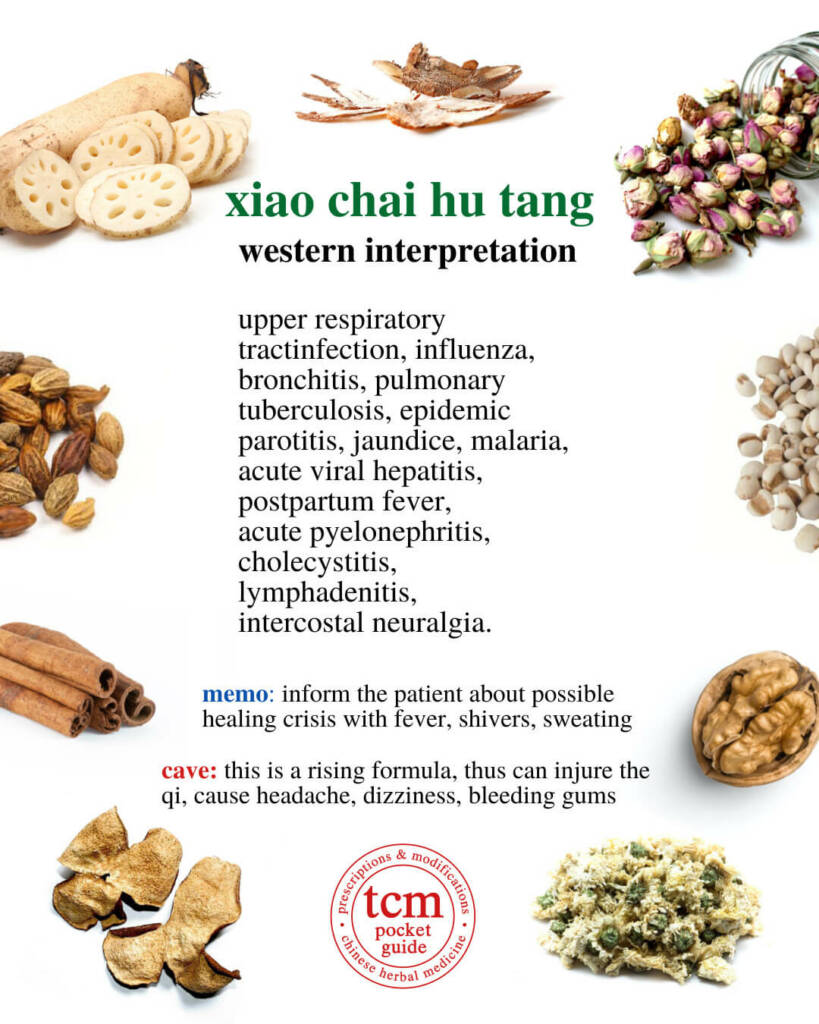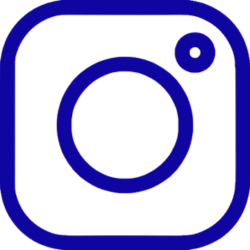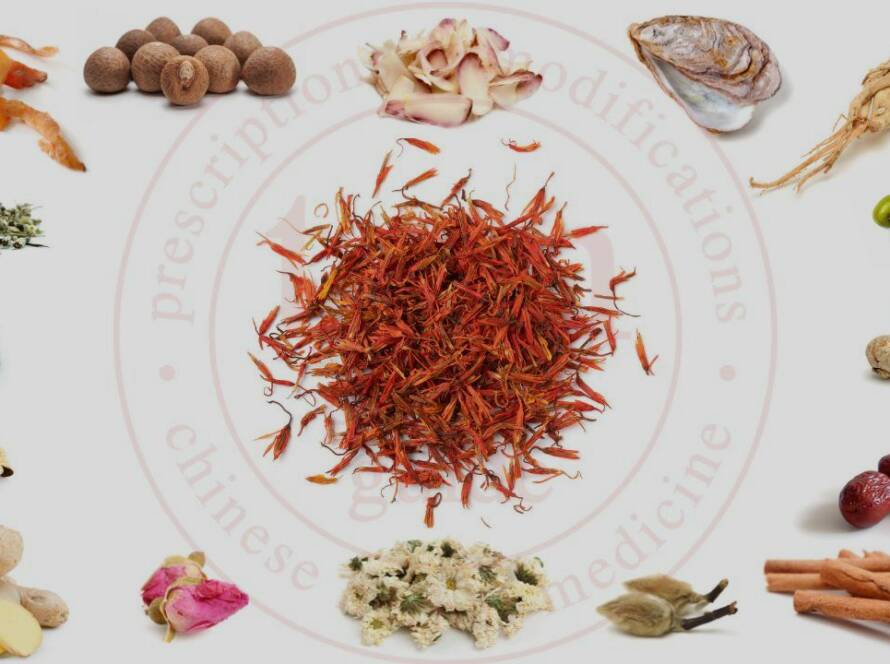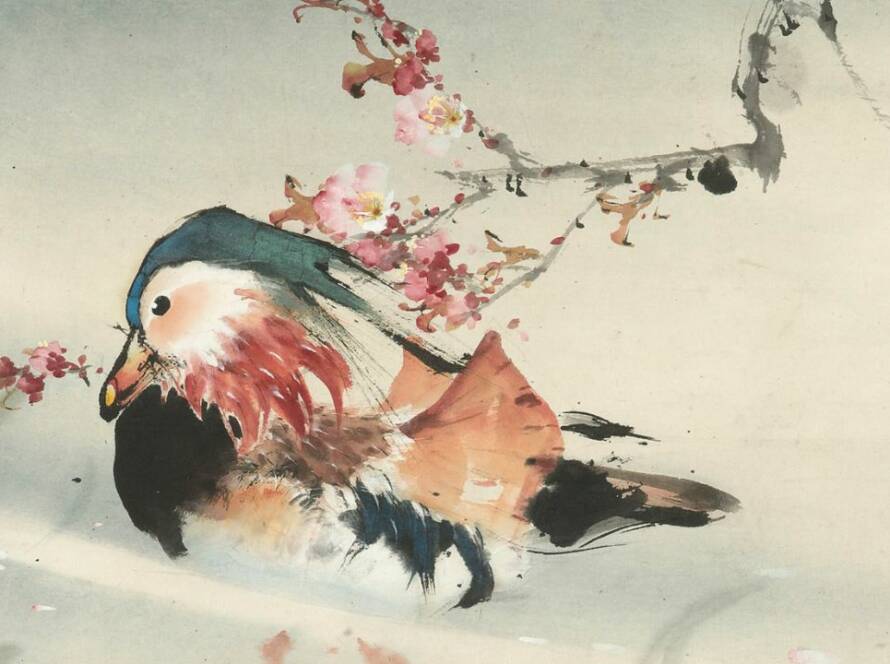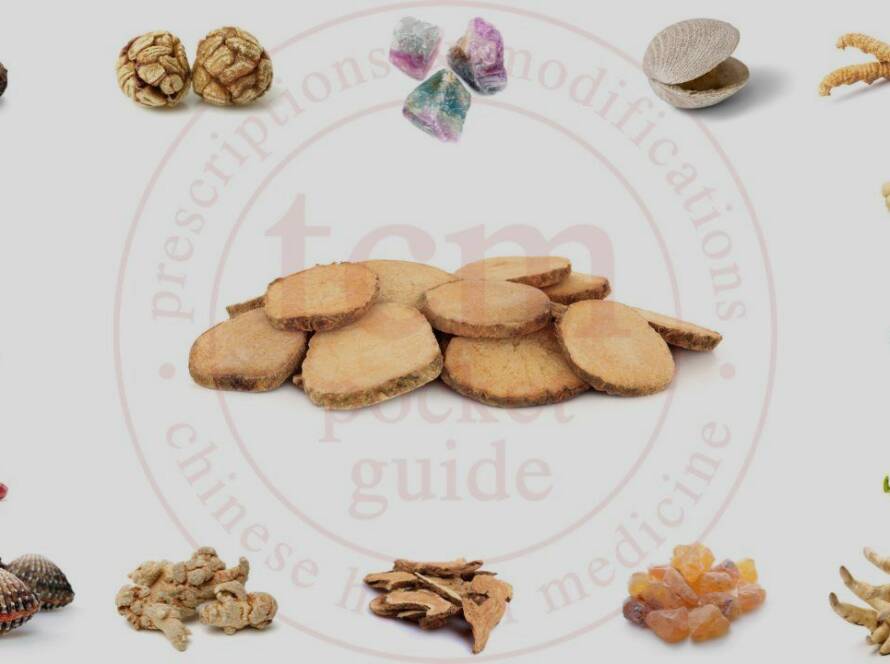xiǎo chái hú tāng is used for patterns with
at shao yang stage trapped pathogen that is struggling with zheng qi, liver qi stasis with spleen xu dampness, heat in the liver, gallbladder, stomach, lungs.
symptoms indicating the use of xiǎo chái hú tāng
bitter or sour taste in the mouth, alternating chills and fever, fullness in the chest and hypochondria, difficulty breathing deeply, irritability, depression, dizziness, temporal headache, heartburn, stomach pain, nausea, malaria.
western interpretation of xiǎo chái hú tāng
upper respiratory tract infection (urti), influenza, bronchitis, pulmonary tuberculosis, epidemic parotitis, jaundice, malaria, acute viral hepatitis, post partum fever, acute pyelonephritis, cholecystitis, lymphadenitis, and intercostal neuralgia.
explanation of the mechanism
this is the shao yang stage of the six stages of diesease, or the half-exterior, half-interior aspect of the eight parameters of disease. at this level the struggle between the pathogenic qi, which is trying to penetrate deeper into the body, and the normal qi, which is trying to force it out, is expressed by three major groups of symptoms:
the half-exterior aspect is reflected in the alternating chills and fever and the sensation of fullness in the chest and hypochondria due to heat in the shao yang meridians.
the half-interior aspect is reflected in the heat rising upward with a bitter or sour taste in the mouth, a dry throat, and dizziness.
the third group of symptoms is associated with the gallbladder, which is the organ that corresponds to shao yang. in this pattern, the gallbladder qi attacks the stomach, resulting in heartburn, nausea, vomiting, and reduced appetite. the wiry pulse indicates liver and gallbladder involvement. sometimes the pulse is thin, which is indicative of the stage between tai yang (floating) and yang ming (overflowing) stages of disease.
(bensky & barolet)

created with love in switzerland 🇨🇭
feel free to share this content:


